


The journey to motherhood is an extraordinary and life-altering experience, and it begins long before the baby’s first cry. Pre-birth nutrition is a crucial aspect of a healthy pregnancy, as it directly impacts both the mother and her developing child. In this article, we explore the significance of pre-birth nutrition and offer guidance on how to make informed dietary choices for a smooth and healthy pregnancy.
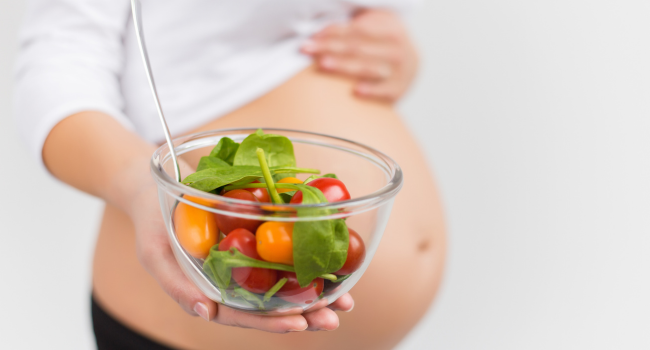
The Foundations of Pre-Birth Nutrition
Proper nutrition before birth is the cornerstone of a healthy pregnancy. It not only supports the mother’s well-being but also plays a vital role in the development and well-being of the growing fetus. A well-balanced diet during this time can reduce the risk of complications, support the baby’s growth, and prepare the mother’s body for the rigors of childbirth.
Key Nutrients for Pre-Birth Nutrition
Bringing a new life into the world is a miraculous and transformative journey, but it’s also a time when a mother’s body goes through significant changes. Proper nutrition during pregnancy is essential not only for the well-being of the expectant mother but also for the healthy growth and development of the baby. A balanced and nutrient-rich diet can help prevent complications and ensure a smooth pregnancy. In this article, we will delve into the key nutrients needed for pre-birth nutrition and the best food sources for each.
1. Folate
Folate, also known as vitamin B9, plays a crucial role in preventing neural tube defects in the developing baby. These defects can lead to serious health issues, such as spina bifida. Folate is essential in the early stages of pregnancy when the neural tube is forming. It aids in proper cell division and the formation of the baby’s spinal cord and brain.
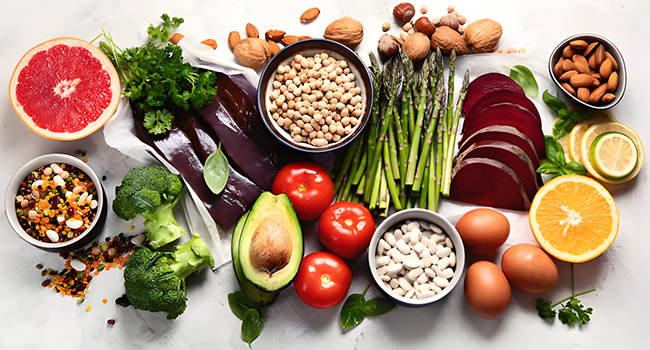
Food Sources of Folate:
- Leafy Greens: Spinach, kale, and collard greens are excellent sources of folate.
- Legumes: Lentils, chickpeas, and black beans are packed with this vital nutrient.
- Fortified Cereals: Many cereals are fortified with folic acid, a synthetic form of folate, making them a convenient option for pregnant women.
2. Iron
Iron is another key nutrient that is vital for pregnant women. It helps prevent anemia, a condition characterized by a deficiency of red blood cells, which can lead to fatigue and weakness. During pregnancy, a woman’s blood volume increases, and the baby’s growing body demands more iron.
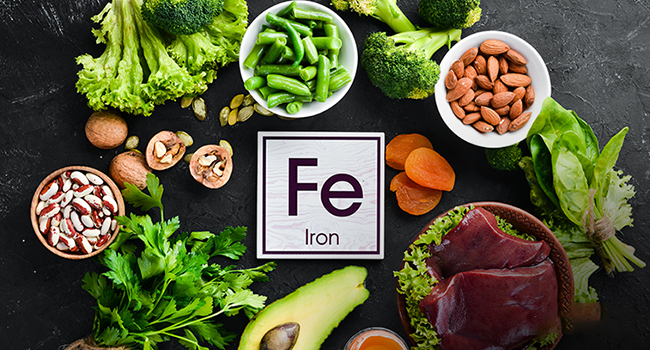
Food Sources of Iron:
- Red Meat: Beef and lamb are rich sources of heme iron, which is easily absorbed by the body.
- Poultry: Chicken and turkey also provide a good dose of iron.
- Beans: Beans, especially lentils and kidney beans, are high in iron and fiber.
- Fortified Cereals: Similar to folate, many cereals are fortified with iron, making them a practical choice.
3. Calcium
Calcium is essential for the development of the baby’s bones and teeth. It also plays a role in the proper functioning of the mother’s muscles and nerves during pregnancy. If a pregnant woman does not consume enough calcium, her body will draw from her own calcium stores, which can lead to bone problems later in life.
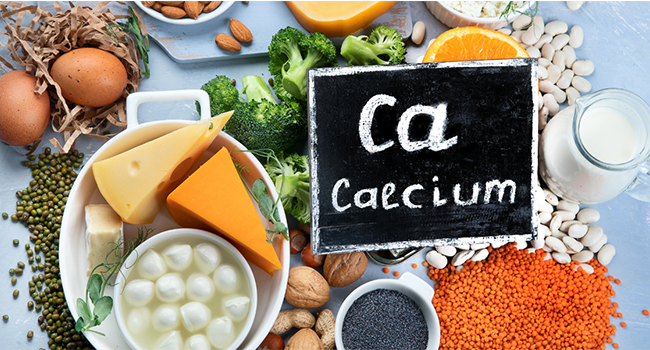
Food Sources of Calcium:
- Dairy Products: Milk, yogurt, and cheese are rich in calcium.
- Fortified Plant-Based Milk: For those who are lactose intolerant or follow a vegan diet, fortified plant-based milk alternatives like almond milk and soy milk can provide calcium.
- Leafy Greens: Collard greens, bok choy, and broccoli are non-dairy sources of calcium.
4. Protein
Protein is a vital nutrient for pregnancy as it is necessary for the growth of the placenta and the development of the baby’s organs, muscles, and tissues. It also helps in the formation of amniotic fluid, which surrounds and protects the baby.
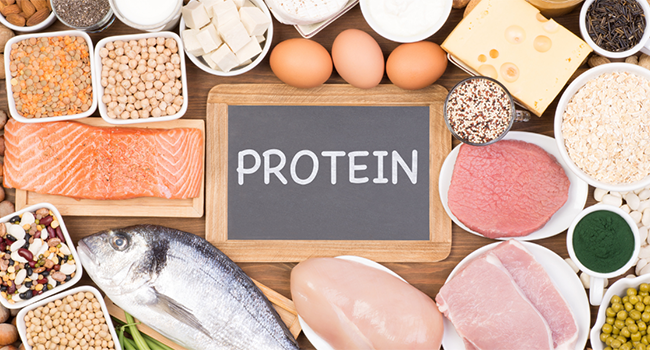
Food Sources of Protein:
- Lean Meats: Chicken and turkey are lean protein sources.
- Poultry: Lean cuts of beef and pork are also good options.
- Fish: Certain fish, like salmon and sardines, provide both protein and omega-3 fatty acids.
- Plant-Based Sources: Beans, lentils, tofu, and tempeh are excellent vegetarian and vegan protein sources.
5. Omega-3 Fatty Acids
Omega-3 fatty acids are essential for the development of the baby’s brain and eyes. These healthy fats are crucial for cognitive and visual development in the womb.
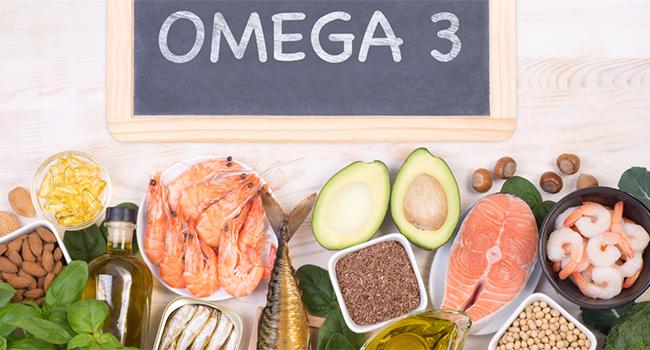
Food Sources of Omega-3 Fatty Acids:
- Fatty Fish: Salmon, mackerel, and sardines are rich in omega-3s.
- Flaxseeds: Ground flaxseeds can be added to cereals and smoothies for a plant-based source of omega-3s.
- Walnuts: A small serving of walnuts provides a good dose of these healthy fats.
6. Vitamins and Minerals
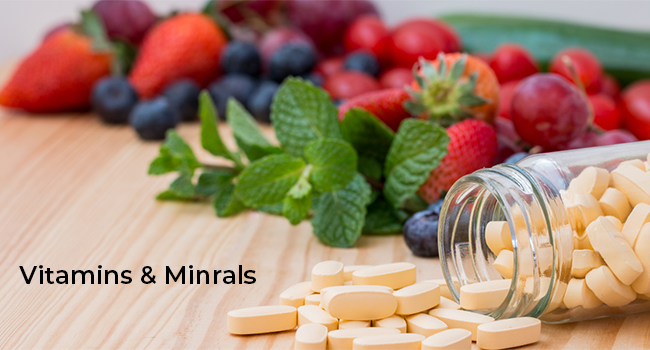
In addition to these specific nutrients, it’s crucial for expectant mothers to ensure they are getting a wide variety of vitamins and minerals from their diet. This can be achieved by consuming a colorful array of fruits and vegetables. These foods provide essential micronutrients like vitamin C, vitamin A, and various minerals.
Hydration Matters

Proper hydration is often overlooked but equally important. Drinking enough water can help alleviate pregnancy-related discomforts such as constipation, swelling, and urinary tract infections. Aim for about 8-10 glasses of water per day and more if you’re active or in hot weather.
Balanced Eating for Two
While it’s important to focus on nutrient-rich foods, it’s also vital to consume a balanced diet. Eating a variety of foods from all food groups ensures that you and your baby receive a wide range of nutrients. Incorporate whole grains, lean proteins, healthy fats, and plenty of fruits and vegetables into your daily meals.
What to Avoid ?

In addition to emphasizing what to eat, it’s crucial to be aware of what to avoid during pregnancy. Steer clear of alcohol, high-mercury fish, excessive caffeine, and unpasteurized dairy products. Be cautious with undercooked or raw seafood and meats, and always practice safe food handling.
Consult with a Healthcare Provider
It’s essential to consult with your healthcare provider or a registered dietitian to create a personalized nutrition plan based on your specific needs and circumstances. They can provide guidance on dietary choices, supplementation, and weight management during pregnancy.

Conclusion
Pre-birth nutrition is a powerful tool for ensuring a healthy pregnancy and setting the stage for a thriving baby. By focusing on a well-balanced diet, staying hydrated, and avoiding potential hazards, expectant mothers can nourish both their bodies and their growing miracles. Remember, the path to motherhood begins with what you eat, making every bite a step toward a bright and healthy future for both you and your little one

